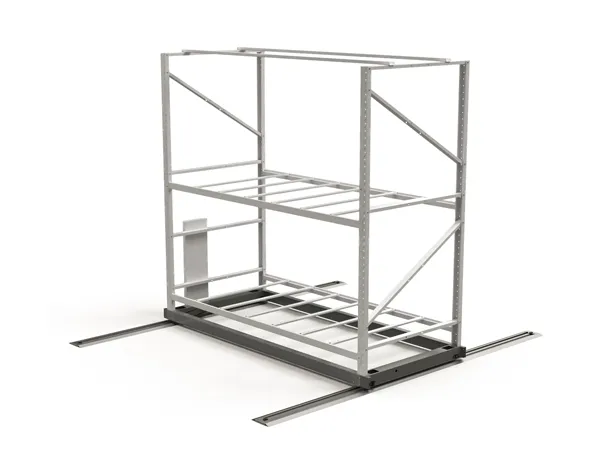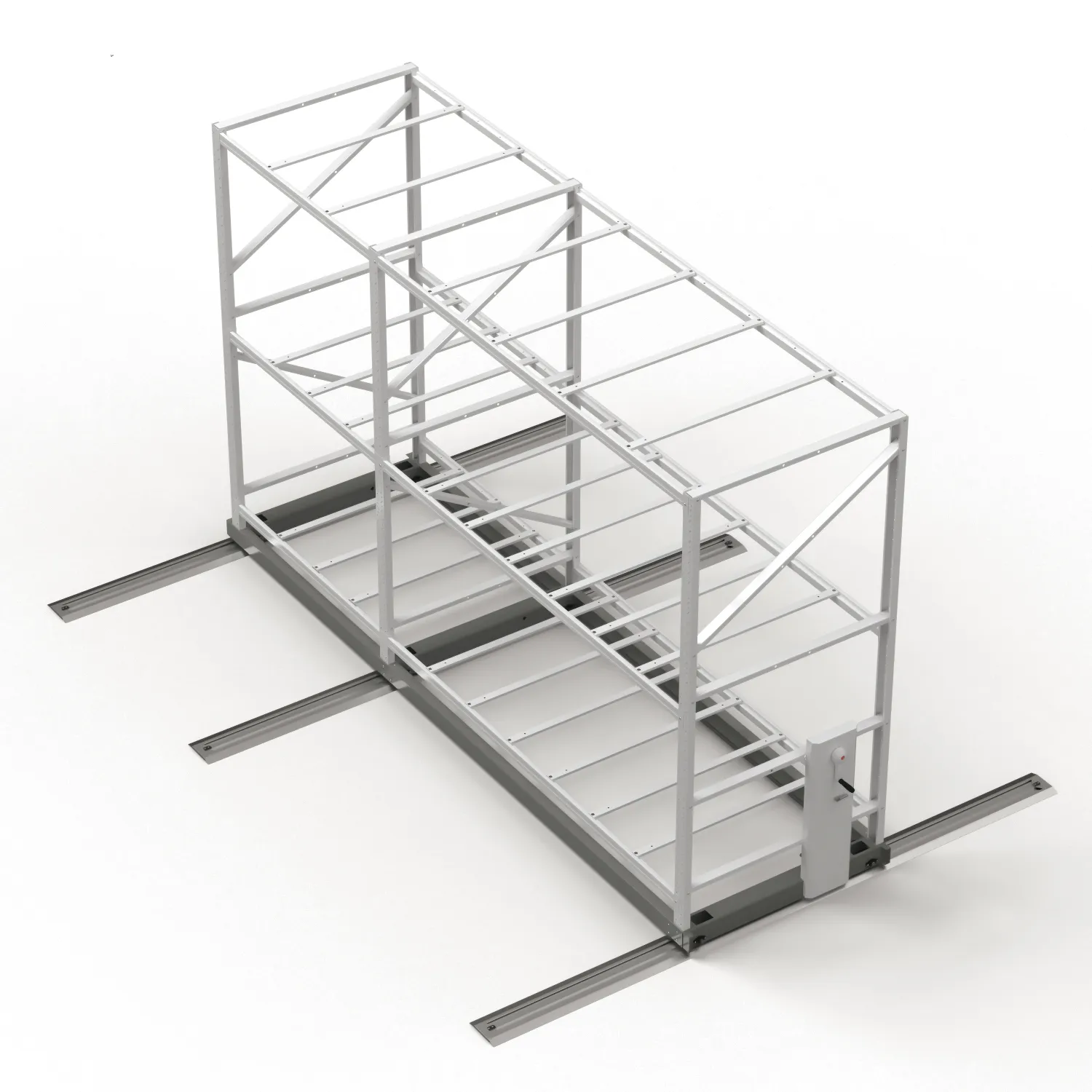What are the common types of vertical growing systems?
Vertical growing systems, also known as vertical farming or vertical gardening systems, are innovative agricultural methods designed to maximize growing space by utilizing vertical surfaces for cultivation. These systems are gaining popularity due to their potential to increase food production in urban areas, reduce water usage, and mitigate environmental impacts associated with traditional farming practices.
Vertical growing systems types

Vertical Hydroponic Systems: In hydroponic vertical systems, plants are grown without soil, with their roots suspended in nutrient-rich water solutions. Vertical hydroponic towers or racks are stacked vertically, allowing for high-density planting. These systems typically use recirculating water systems to minimize water waste.
Vertical Aeroponic Systems: Aeroponic systems mist the plant roots with nutrient solutions, providing oxygen and nutrients directly to the roots. Vertical aeroponic towers or panels are arranged vertically to optimize space utilization. Aeroponic systems are known for their efficient use of water and nutrients.
Vertical Aquaponic Systems: Aquaponic systems combine aquaculture (raising fish) with hydroponics. Fish waste provides nutrients for plants, and plants filter and purify the water, which is then recirculated back to the fish tanks. Vertical aquaponic systems integrate vertical growing structures with fish tanks, creating a symbiotic ecosystem.

Vertical Garden Walls: Vertical garden walls or green walls are vertical structures covered with plants. These walls can be installed indoors or outdoors and are often used for aesthetic purposes in addition to food production. Green walls can be soil-based or hydroponic, depending on the specific requirements and conditions.
…
More detailed information about the types of vertical growing systems can be found here: https://www.etegreen.com/en/a/news/vertical-growing-systems-types.html


